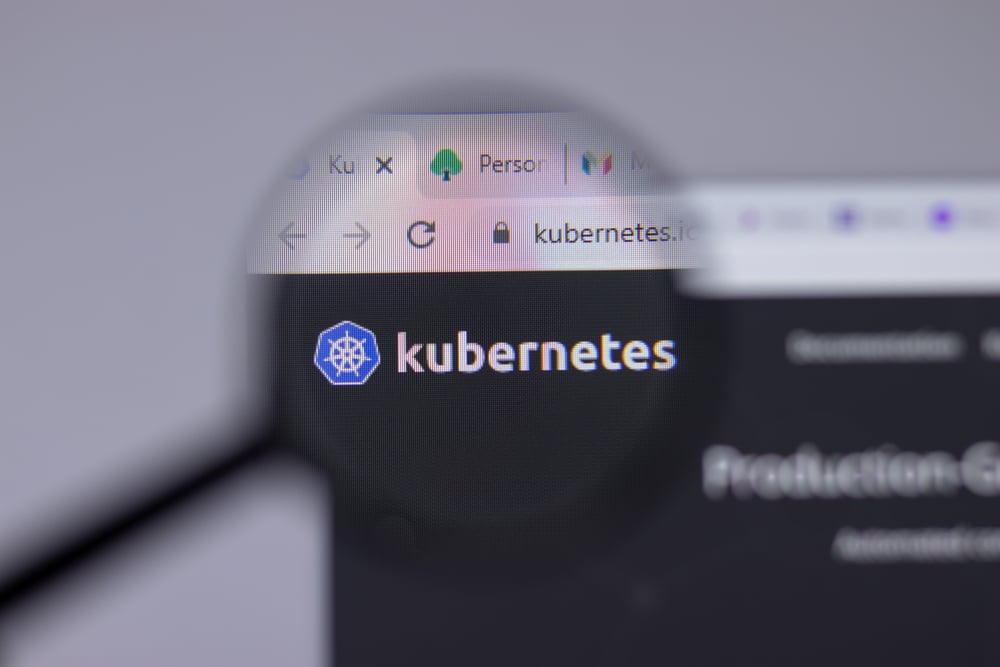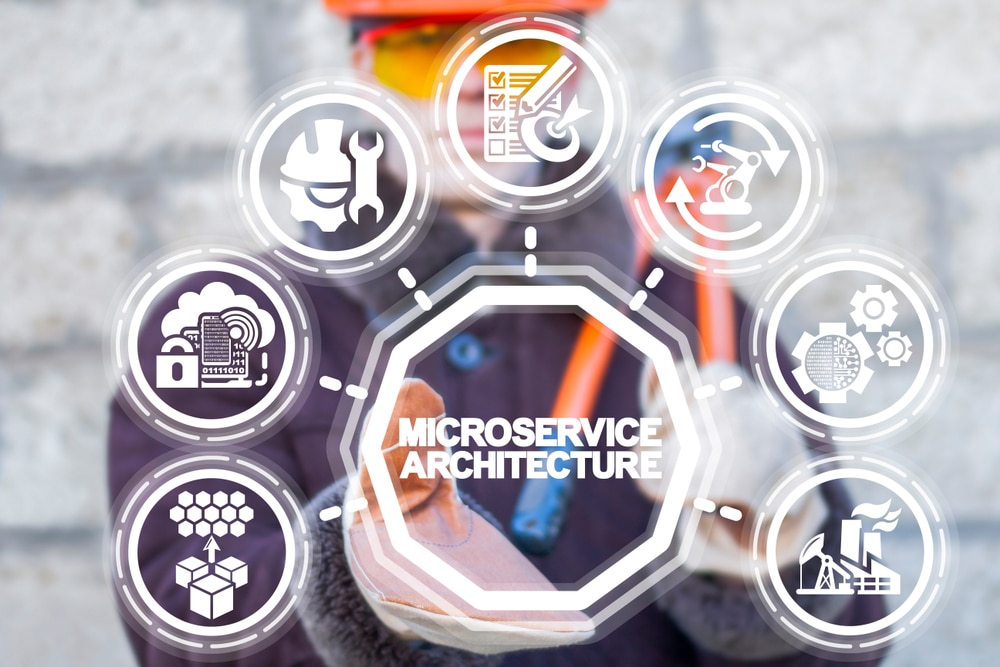
Securing Kubernetes in the enterprise [Q&A]
As more organizations scale up containerized workloads they’re also facing increasing security and compliance challenges.
Kim McMahon part of the leadership team at Sidero Labs to discuss the vulnerabilities enterprises are encountering when scaling up Kubernetes on traditional operating systems and what they can do to counter them.

Rhino Linux 2024.2 horns in on Microsoft Windows 11
Rhino Linux has released its latest version, 2024.2, bringing a bunch of updates and enhancements that make it a compelling choice for those considering a switch from Windows 11. The release includes improvements to both the distribution and the Rhino Linux wiki, offering a more streamlined and cohesive user experience.
One of the most notable changes in this version is the introduction of an upgraded Unicorn theme. This new theme replaces the previous Yaru-Purple scheme, giving the desktop environment a fresh and vibrant look. The updated theme enhances visual integration across the system, from the Rhino Linux installer to everyday applications like Thunar and XFCE4-Terminal, making the transition from Windows 11 smoother and more visually appealing.

Companies overspend on Kubernetes thanks to underutilization of resources
Kubernetes is one of the most widely used container tools, but failure to accurately forecast resources leads to overprovision, waste and overspending.
A new report from Kubernetes automation platform CAST AI reveals high levels of underutilization are costing businesses more than necessary.

AI chatbot simplifies Kubernetes management
Kubernetes management platform company D2iQ is launching new updates to its D2iQ Kubernetes Platform (DKP) that include DKP AI Navigator, an AI assistant that enables enterprise organizations to overcome the skills gap they face in adopting cloud-native technology.
DKP AI Navigator enables organizations to harness more than a decade of the D2iQ team’s experience. It's been trained on D2iQ's internal knowledge base, enabling customers to ask questions and receive real-time responses in a natural, intuitive way. This can reduce the duration and cost of system misconfigurations and downtime while helping organizations overcome the Kubernetes skills gap.

New hyperautomation tool aims to improve enterprise security workflows
In today's complex cybersecurity landscape, keeping track of all the processes and workflows involved can be a difficult task.
Today sees Torq launch an enterprise-grade security 'hyperautomation' platform that is capable of automating the most complex security infrastructures. It also offers a GPT AI-based analytics capability for auto-analyzing cybersecurity incidents, making strategic responses, and informing immediate and long-term defensive measures.

Ransomware-in-a-box: Why containers are a cybersecurity risk
With the creation, storage, and use of data continuing to accelerate dramatically, security vulnerabilities and risks to data integrity are also escalating across the board. The trends are alarming, with one recent study from IDC -- looking at the requirements for ransomware and disaster recovery preparation -- revealing that in 2022, almost 80 percent of organizations surveyed had activated a disaster response. What’s more, 83 percent had experienced data corruption, and most worrying of all, almost two-thirds said that a ransomware attack had resulted in unrecoverable data.
Indeed, there is currently no application type that can be considered to be completely safe from ransomware. Among the wide range of possibilities this situation creates are the risks posed to organizations that are refactoring their applications for Kubernetes. Refactoring is an increasingly popular approach to application deployment, whereby apps are broken down into a range of services that can subsequently be operated independently. One of the key benefits this offers is that the application’s underlying hardware is used more efficiently, while each service can also be scaled as required without impacting other services and resources.

Kubernetes market matures as optimization and control of costs become key
A new survey from Pepperdata of 800 executives and senior ITOps and DevOps professionals across major industries finds the Kubernetes market is maturing, the number of clusters that are being deployed has grown to six to ten per organization.
The variety and types of workloads is increasing too, including data ingestion, cleansing, and analytics, databases, and artificial intelligence and machine learning.

Java underpins enterprise app modernization plans
A new report from provider of Java web application platforms, Vaadin, looks at how enterprises build, deploy, and modernize Java applications in 2023 and also reveals trends and future plans for the use of Java in enterprise applications.
Java is used heavily for both internal (64 percent) and customer-facing (62 percent) applications, which include both SaaS and internet-based services. However, Almost half of Java applications still need modernization.

Kubernetes as-a-service, security issues and skills shortages -- container predictions for 2023
Containers have become increasingly popular in recent years, they can be spun up quickly and offer developers the opportunity to deliver projects faster as well as gains in agility, portability and improved lifecycle management.
Here are what some industry experts think we'll see happening in the container market in 2023.

Native .NET comes to Ubuntu hosts and containers
Microsoft and Canonical have announced that the .NET development platform is available as a native experience on Ubuntu hosts and container images, starting in Ubuntu 22.04 LTS.
This means .NET developers will be able to start their Linux journey with Ubuntu and will benefit from timely security patches and new releases as the two companies work together to deliver them.

Why run your database in Kubernetes? [Q&A]
Kubernetes is one of the most widely used platforms for running containerized applications. Many businesses though still run their databases in a more traditional environment.
Of course there's no reason why you can't run a database in Kubernetes and there are many advantages to doing so. We spoke to Karthik Ranganathan, founder and CTO of cloud-native database specialist Yugabyte, to discuss the pros and cons.

New process helps deliver Kubernetes observability
As Kubernetes becomes increasingly widely adopted, monitoring these systems effectively becomes even more critical for businesses. But because Kubernetes is by nature ephemeral -- things can be created and destroyed quickly -- this represents a challenge.
As a Gartner report last year pointed out poor or manual monitoring procedures can introduce friction for developers and loss of visibility. To combat this problem, analytics platform Sumo Logic has unveiled a new process to deliver Kubernetes observability in just a few clicks.

Microservices and service mesh are critical to digital transformation
New research shows that 85 percent of companies are modernizing their applications to a microservices architecture.
The study from Solo.io and ClearPath Strategies reveals that 56 percent of organizations with at least half of their applications on a microservices architecture have faster development cycles, with daily or more frequent releases.

Three-quarters of companies focus development on cloud-native applications
More and more workloads are being shifted to the cloud and a new report from Tigera shows that 75 percent of companies are focusing development on cloud-native applications.
But this increased development and deployment of cloud-native applications also creates the need for more advanced observability and security capabilities.

Why Kubernetes deployment needs a security first mindset [Q&A]
Kubernetes has been at the forefront of container deployment, allowing the automation of development, scaling and management, and supported on a wide range of public cloud platforms.
But as with any cloud deployment there are potential risks from mis-configuration, poorly managed access privileges and more. It's important therefore that when deploying Kubernetes security is given top priority.
